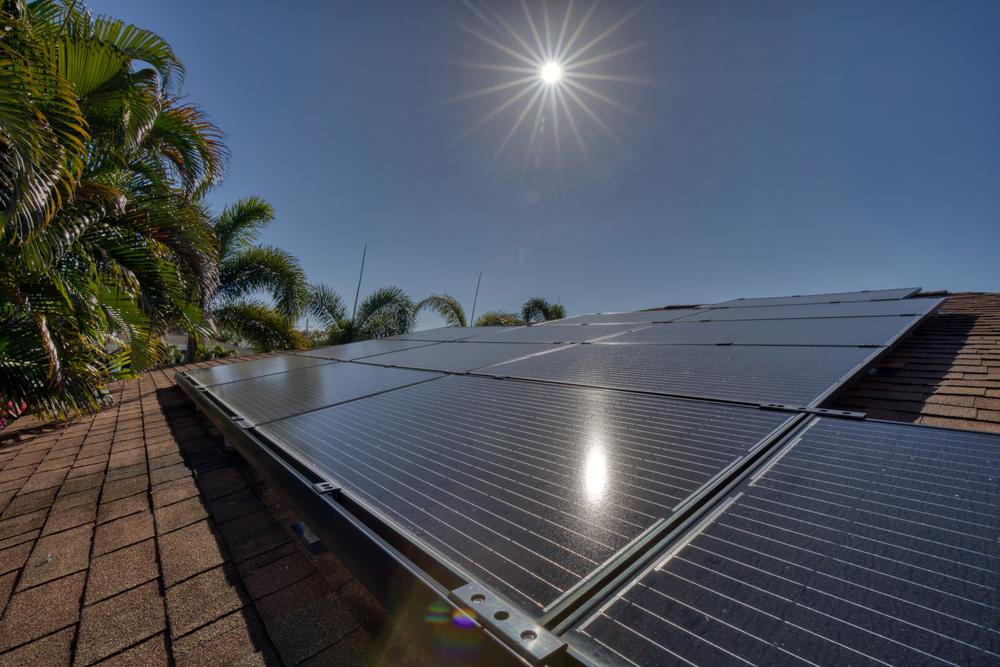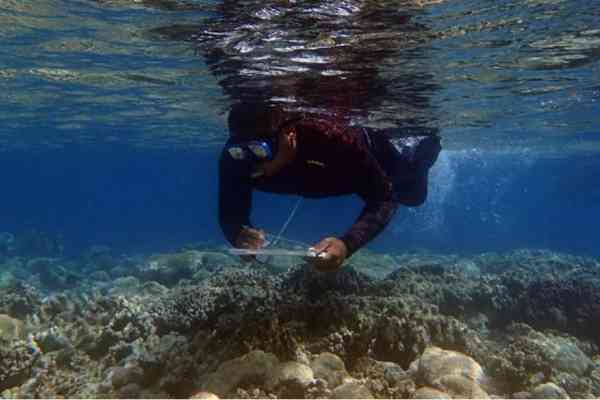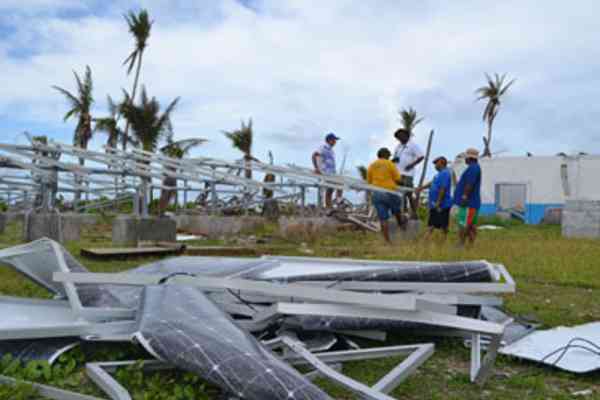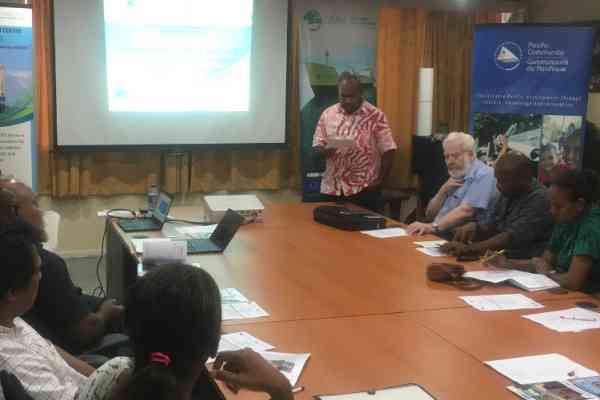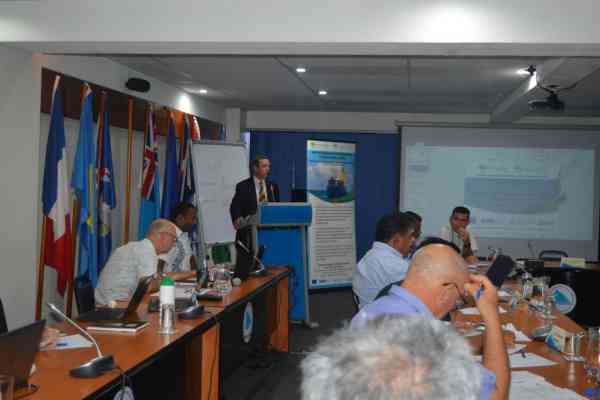As energy efficiency is a fundamental pillar to reaching Paris Agreement targets, the Federated States of Micronesia (FSM) installed 19 hybrid solar air conditioners in six public buildings in Pohnpei. With the aim to reduce carbon dioxide emissions in the building, FSM are leading by example in the transition towards renewables.
FSM experienced warming of around 0.7°C between 1980 and 2017. Over the past decade, the country has made considerable advances in documenting climate-related risks, developing relevant policies and plans and establishing and strengthening national and state institutions responsible for managing climate-related risks.
In the framework of the Paris Agreement, FSM submitted its Intended Nationally Determined Contribution (NDC) on 24 November 2015 to the UNFCCC Secretariat with an ambitious emission reduction target of 35% by 2025. This target is equivalent to 108,000 tons of CO2 emission, or the production and use of almost 6.6 million smartphones.
Investing in energy-efficient and low-carbon buildings is a cost-effective way to reduce emissions and the use of fossil fuels, improve air quality and provide many other benefits to society and governments. With the installation of 19 hybrid solar air conditioners in six public buildings in Pohnpei, FSM will reduce their buildings’ carbon dioxide emissions, equivalent to approximately 29,000 kg CO2 annually.
Installed with the support of the Pacific Community (SPC), these air conditioners are environmentally friendly, require no batteries and include a smart system that allows full control, complete visibility of AC and DC consumption. At current electricity tariff rates of USD 0.62 per kWh, this project presents a cost savings of approximately USD 24,000 annually with a payback period of roughly 3.5 years.
The installation of these solar air conditioners highlights the benefits of the innovation needed to support environmental goals. Partnerships such as the Pacific Regional NDC Hub and SPC, are key in supporting Pacific leadership for climate action.
Find out more about the Regional Pacific NDC Hub
Find out more about FSM’s Nationally Determined Contribution
